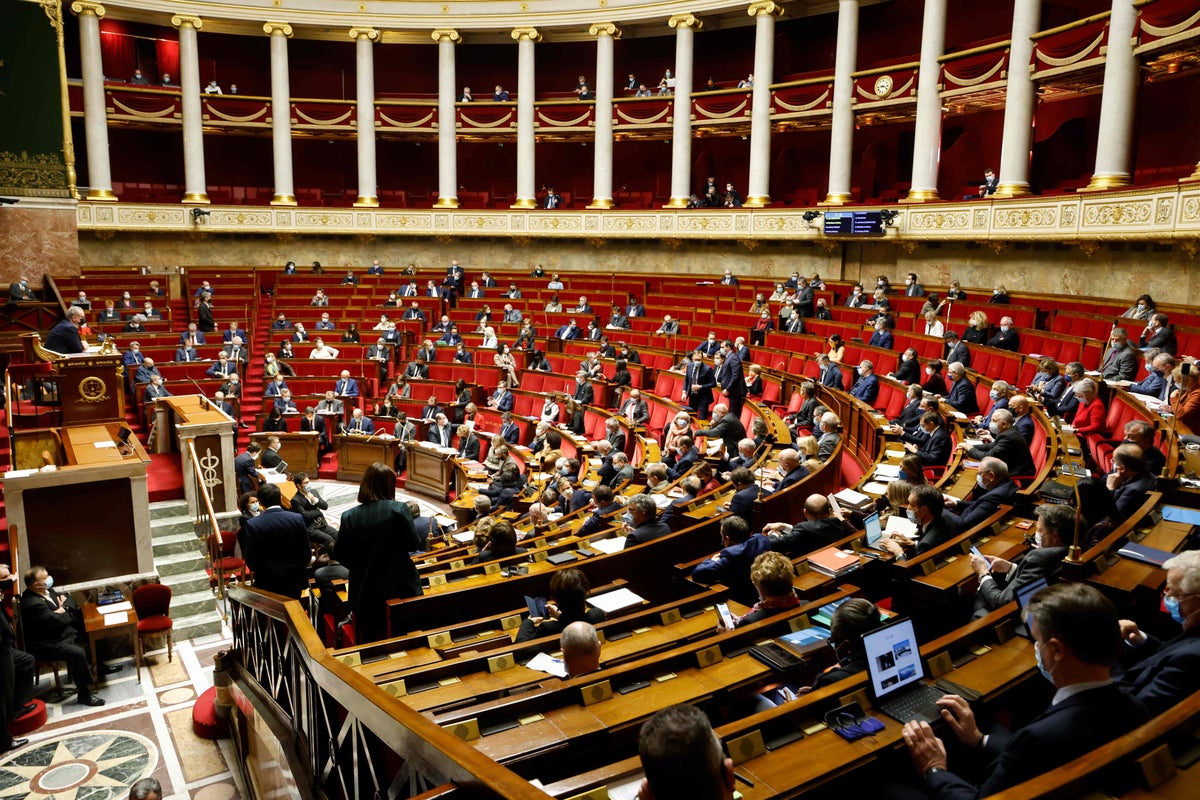
Politicians in France have proposed a law to ban gender-inclusive language in all official administrative documents.
The bill, put forward by François Jolivet, a deputy in president Emmanuel Macron’s La République En Marche (LREM) party, targets a written-style known as “écriture inclusive”, introduced to redress the dominance of masculine words in the language.
Mr Jolivet is one of around 60 politicians in the French National Assembly who claim that it creates a gap between spoken and written French, thereby making French more “complex” to learn.
In a tweet last week, the LREM politician suggested that this approach to French “endangers” its heritage and “does not help” in the fight for gender equality.
He has expressed concern about gender neutral words including “iels” (they/them), “toustes” (all) and “celleux” (those).
This stance is nothing new, as the Académie Française, the centuries-old body which sees itself as the guardian of the French language, has long been critical of “écriture inclusive”.
However, its proponents say it stops women from being erased in language. In October 2017, Le Haut Conseil à l’Égalité, a state body which promotes equal rights, echoed this view, saying that “language reflects society and its way of thinking about the world”.
Earlier this month, Eliane Viennot, a literature professor at Jean-Monnet University in Saint-Étienne, said the recent flare-up of the debate was stirred by “conservatives clinging to a bastion of male dominance”.
Ms Viennot told France 24: “We’re fed this idea that language rules are sacred and that feminists are undermining our culture. It’s the kind of talk that stirs emotional responses but simply doesn’t withstand scrutiny.”
She added that Charles de Gaulle, the Resistance hero and former president, used inclusive language, addressing crowds with the words “Françaises, Français”.
The proposal will be debated in the National Assembly in the coming weeks.
Related posts:
Views: 0
 RSS Feed
RSS Feed

















 February 26th, 2021
February 26th, 2021  Awake Goy
Awake Goy  Posted in
Posted in  Tags:
Tags: 
















